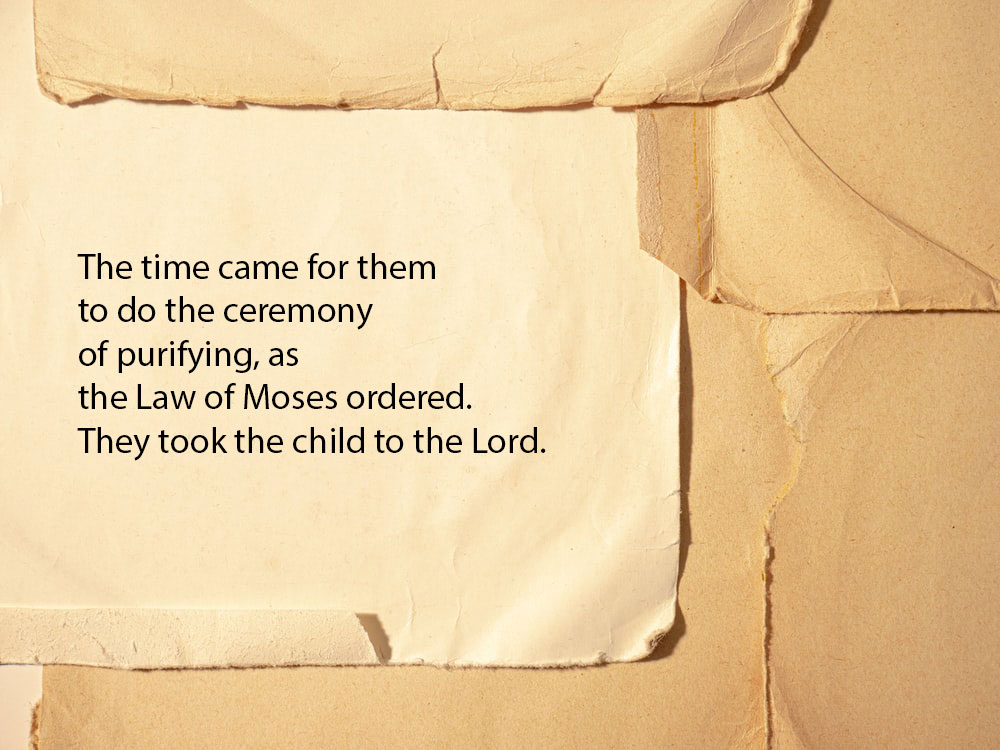Ebanghelyo: Marcos 1:40-45
Lumapit sa kanya ang isang mayketong at nakiusap sa kanya: “Kung gusto mo, mapalilinis mo ako.” Nahabag si Jesus sa kanya, iniunat ang kanyang kamay, hinipo siya at sinabi: “Gusto ko, luminis ka!” Nang oras ding iyon, iniwan ang lalaki ng kanyang ketong at luminis siya.
Ngunit mahigpit siyang pinagbilinan ni Jesus sa kanyang pag-alis, sinabi niya: “Mag-ingat ka, huwag mo itong sabihin kaninuman, kundi pumunta ka sa pari para masuri ka niya at maialay alang-alang sa pagkalinis sa iyo ang handog na iniutos ni Moises upang magkaroon sila ng patunay.”
Ngunit pagkaalis ng tao, sinimulan niyang ipahayag ito kahit saan at ipamalita ang pangyayaring ito. Dahil dito, hindi na lantarang makapasok sa bayan si Jesus kundi nanatili siya sa labas, sa mga ilang na lugar. Ngunit may dumarating pa rin sa kanya na kung saan-saan galing.
Pagninilay
The gospel for today´s liturgical celebration speaks of the “healing” of a leper. The first reading already introduced the theme by describing how it was to be a leper in the context of the Old Testament. The second reading invites us to do all for the glory of God, following Jesus, and in this context to extend healing and acceptance to those who are marginalized. Leprosy is much more considered as impurity rather than an illness. In the Book of Leviticus, two chapters are dedicated for this issue (Lv. 13-14). It is the priest who is tasked to verify the sickness precisely because it is considered an impurity. A leper has to be separated from the community since contact with such persons will make others impure and render them unfit to participate in cultic activities. “Ang taong may ketong ay kailangang magsuot ng winarak na damit at hindi dapat magsuklay ng buhok; kailangang takpan niya ang kanyang nguso at sumigaw – Dimalinis, di-malinis! – siya’y di-malinis hangga’t may sugat siya, kaya kailangan siyang mamuhay nang malayo sa iba: titira siya sa labas ng kampo.” This separation causes so much pain and shame to the person with leprosy. Physical sickness in general solicits compassion and solidarity; in general it is not an occasion of separation unlike leprosy. Leprosy is always considered impurity from the religious point of view. Thus, the leper asked Jesus for cleansing: “Kung gusto mo, mapalilinis mo ako.” And Jesus stretched his hand and touched the leper and said: “Gusto ko, luminis ka!” The purification caused the leper so much joy and liberation. Now, this person is part of the community again. Now, this person can no longer be a cause of impurity for others. That pain is gone; that shame is gone. The person was so happy that he did not mind the warning of Jesus. Instead: “Ngunit pagkaalis ng tao, sinimulan niyang ipahayag ito kahit saan at ipamalita ang pangyayaring ito.” May napasaya ka na ba katulad nito?
© Copyright Pang Araw-Araw 2021






